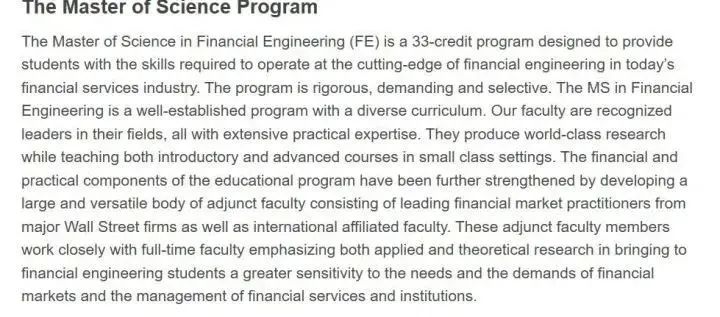写作团一位同学问了一个很有代表性的问题,
The use of the Internet for banking, social networking, or other services, often makes our personal information vulnerable to theft (n.偷窃). 这是写作团素材积累中的一个句子,有两个语法难点。
先来聊第一个问题:
......makes our personal information vulnerable .......
要理解这个语法结构,我们得把时间拨回到小学时候,学习英文五种基本句型的童年。
1.主谓: You will succeed.
2. 主谓宾: I love you.
3. 主系表: You are clever.
4. 主谓双宾: I will buy you a book.
5. 主谓宾宾补: They willpaint the door green.(宾补全名为宾语补足语)
我们要分析的句子就是第五种: 主+谓+宾+宾补
主语: The use of the Internet for banking, social networking, or other services
谓语:makes ;宾语:our personal information; 宾补: vulnerable to theft
例:The Internet makes our lives easy and convenient (宾补).
为什么要用宾补?
如果没有他句子就表意不完整. The Internet makes our lives. 让我们的生活怎么样?没说完......I find learning English difficult. 没有difficult 这个宾补,就成了我发现学英语,句子不完整。They will paint the door green. 没有green,也无法表达出是要刷成绿色。
哪些词可以作宾补?
形容词,副词,各种非谓语(不定式,过去分词,现在分词)
Population ageinghas economists worried about everything from soaring pension costs to chronically weak economic growth. (worried 就是宾补)
为什么大家对宾补不太熟悉呢?因为很多时候宾补可以与从句转化.
例: I find learning Englishdifficult.
转: I find (that)learningEnglish is difficult.
例: I believe him honest.
转: I believe(that)he is honest.
注: 1. 括号表示that可以省略;2. 两种相比,从句写法较 low.
另外,我们很多同学写双谓语错误的句子。
正:The Internet makes our liveseasy and convenient (宾补).
错:The Internet makes our lives becomeeasy and convenient.
接下来聊聊第二个问题,to 后面为什么不是加动词 or 动词原型?
关于to,大家最熟悉的是不定式to,后面加动词原型。比如: I want to buy a car. 但是to还有另一种用法: 介词to +名词或名词性短语(如动名词doing).
......makes our personal information vulnerableto theft.
Today young peopleare accustomedto communicatingonline.
to 到底是哪种用法,这是一个永恒的难题,因为没有统一的规律。注意: to+名词和to+动名词在语法上是一样的,下面一起讨论。
区别办法一: 语感(我自己的判断办法)
be vulnerable to:vulnerable的意思是易受...的伤害. 是易受某物/某事(n.)的伤害,而不是易受做某事(to do)的伤害。
另:the key to doing sth. 因为我知道有the key to the door, to 后面接的是名词,那么就是the key to doing sth.
区别方法二:自己总结的一些规律(语法要求高,不一定完全适用)
动词是否能直接跟名词作宾语。
如果能就加 to do; 不能就是 to + n./doing。也就是说可以直接跟名词的动词,后面不需要先加一个多余的 to,再加名词。
比如want 这个动词
I want some tea. 直接跟名词宾语,
The plantswantwateringdaily. (直接跟动名词作宾语)
所以就不会使用want to +n./doing. 因为这个 to 是多余的。
另一方面,比如object 这个词是非及物的,不直接跟名词,所以要先加 to 再加名词: object tosth.;object to doing sth.
方法三: 背诵(最简单,但是不能穷尽)
下面都是to 后面跟名词或名词性短语
look forward to期盼
object to反对
pay attention to注意
stick to坚持
be used to习惯
be accustomed to习惯
be subject to可能受...影响的
devote oneself to 献身于
give rise to引起
lead to 导致














